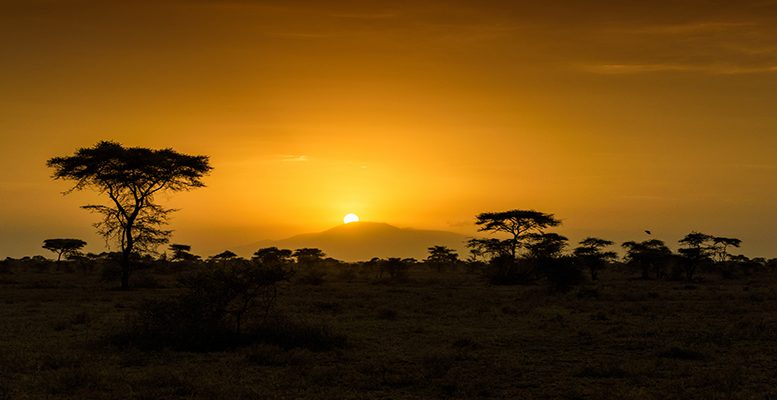Donato Ndongo | In December, the European Parliament condemned the expulsion of Maasai communities from their centuries-old territory. The unprecedented resolution calls for respect for the rights of indigenous peoples, a “non-negotiable prerequisite” for any conservation initiative. The resolution, adopted unanimously, follows repeated reports of the Tanzanian government’s vicious harassment of the Maasai, determined to drive them out of the Serengeti plains, their natural habitat. Greedy Western tourism developers and conservationists are coveting their ancestral lands. They incite brutal violence against some 850,000 semi-nomadic pastoralists. Their eviction would allow the creation of 1,500 km² of lavish recreation (game reserves), ‘conserving nature’ as a pretext. Increased harassment since 2022: mercenary park rangers and officials of German agencies shoot and beat up peaceful protesters and arrest community leaders. Bloody onslaughts on all protests; burning of villages; deprivation of social services, including health care.
European governments, institutions and NGOs have long induced such abuses in East Africa. Since 1904, systematic plunder has reduced the Maasai area in Kenya by 60 per cent for the benefit of British settlers. By 1940, native groups had lost their fertile lands; relocated to arid areas, they adopted new forms of subsistence, losing their culture and identity. Such outrages gave rise to tourist safaris and wildlife parks. Grievances drove the ‘mau-mau’ movement, considered “terrorist” by the West. Biased information and self-serving ‘studies’ stigmatised Maasai pastoralism, supposedly causing ‘irreparable ecological damage’, the basis for arbitrary decisions. Now that more rigorous research has proven this false, the fallacy persists among unscrupulous environmentalists and venal officials.
Joseph Oleshangay, a native lawyer and activist, led the Maasai’s European tour that began in May. They wanted to make visible their “catastrophe” and the ‘Decolonise Conservation’ campaign, to change the “racist and colonial conservationist model” that “protects Nature by exterminating its inhabitants”. “We did not inherit the land from our parents; we borrowed it from our children,” they say.





